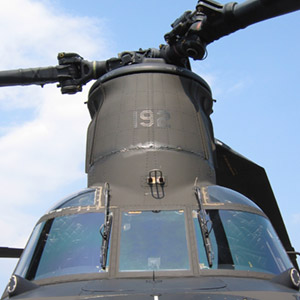




Brain Injury Statistics For Soldiers
A recent report has revealed that there are over 600 British soldiers serving in Afghanistan suffering from head and brain injuries as a result of bomb blasts and trauma to the head.
An article written in the Sunday Times says that the data was sourced under the freedom of information act. It states that out of the 616 soldiers suffering from a traumatic brain injury, there are 22 that have suffered ‘severe brain injuries’.
The evidence suggests that there could be many people serviceman and women who have an undiagnosed brain injury and that brain injury are not easy to detect unless there is a need given for a brain scan.
Roadside Bombs Cause Brain Injuries
One of the reasons for the brain injuries acquired is the use of roadside bombs in combat situations. It is even suggested that some helmet provided as protective equipment do not guard enough from the impact of one of these bombs.
The structure of the brain is affected when someone comes into contact with a bomb and this has an impact on the ‘wiring’ of the brain say some experts.
There is still lots of research being done by scientists into the effects and causes of traumatic brain injuries. Living with a brain injury can be difficult for many people and this can be compounded if a victim is not aware they have injured their brain in some way.
If a head injury is not treated correctly then it can lead to brain damage. Symptoms can include a loss of consciousness; balance problems; difficulties keeping awake; headaches; difficulty communicating and/or having a seizure or fit. If you have been experiencing these problems then it is important to get medical help as soon as possible.
Making A Brain Injury Compensation Claim
If you believe you have suffered a head or brain injury or a member of your family has then it is recommended you get in touch with personal injury solicitors who specialise in brain injury claims.
Please call us on 0333 358 3034 to find out more information on how to claim compensation.
Published 11th February 2015.
